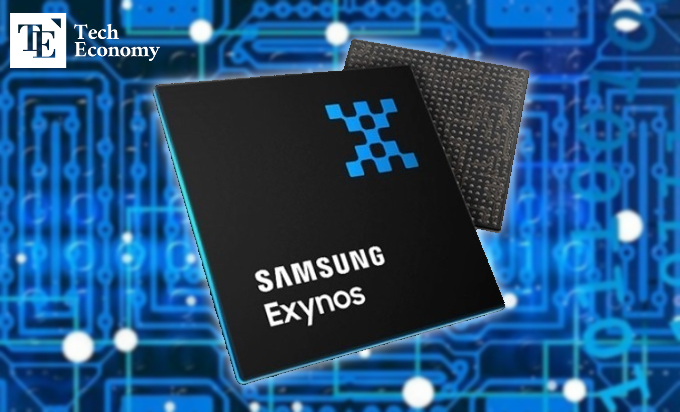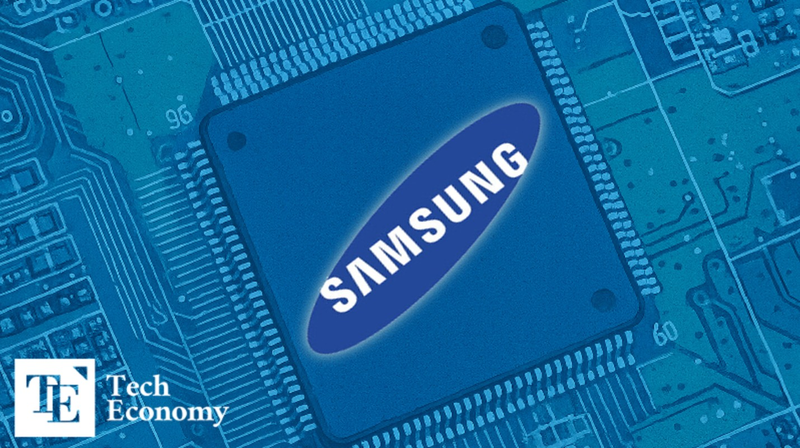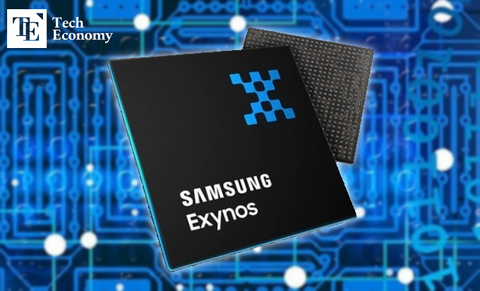Samsung Bets on Exynos 2600 in Galaxy S26, Aiming to Challenge Qualcomm
Input
Changed
Samsung Electronics to Equip Galaxy S26 Series with Exynos 2600 Significant Improvements in Performance and Yield, Can It Shake Qualcomm’s Dominance? Samsung Foundry Building Competitiveness in 2nm Process

Samsung Electronics is expected to unveil its latest Galaxy S26 series early next year, powered by its in-house application processor (AP), the Exynos 2600. After overcoming technical hurdles, the chip has achieved major gains in both performance and yield, signaling Samsung’s renewed push to challenge Qualcomm’s long-standing dominance in the AP market.
Exynos 2600 Regains Its Place
According to the semiconductor industry on the 4th, Samsung plans to equip the upcoming Galaxy S26 series with different application processors depending on the model. The base and slim models will feature the Exynos 2600, while the top-tier Ultra model will be powered by Qualcomm’s Snapdragon 8 Elite 2nd generation. The company is also reviving its past regional supply strategy—Exynos chips primarily for Korea and Europe, and Qualcomm chips for North America.
Samsung’s decision to bring Exynos back reflects its renewed technical confidence. The Exynos 2600 is the company’s first flagship chip built on Samsung Foundry’s 2nm Gate-All-Around (GAA) process, delivering substantial improvements in power efficiency and thermal management compared to its predecessor. Benchmark results recently released support this: the Exynos 2600 scored 3,309 in single-core and 11,256 in multi-core on Geekbench 6, outperforming the Snapdragon 8 Elite used in the Galaxy S25 series (single-core 2,900, multi-core 9,300) by 14% and 21%, respectively.
Another long-standing challenge—yield in 2nm AP production—also appears to have improved significantly. An industry insider noted, “Earlier this year, Samsung Foundry’s 2nm yield was only around 30%, but it has now climbed to about 50%. The company is expected to make every effort to reach its year-end target of 70%.
An End to Qualcomm Dependence?
Analysts say the return of Exynos is more than just a change in product lineup—it could serve as a critical test for Samsung’s broader semiconductor ambitions. If the Exynos 2600 proves it can match Qualcomm’s latest Snapdragon in performance, Samsung could boost confidence in both its System LSI and foundry operations, while strengthening its overall position in the global semiconductor market.
This revival also raises the question of whether it could mark a turning point in breaking Qualcomm’s near-monopoly. In recent years, most of Samsung’s flagship smartphones have relied exclusively on Qualcomm chips. Reflecting this dominance, Qualcomm even stated during last month’s earnings call that it had set a “new baseline” of 75% chipset share in Samsung smartphones. A successful market launch of the Exynos 2600 could disrupt that dominance and trigger a major shift in the global smartphone AP market.
The change would also benefit Samsung’s Mobile eXperience (MX) division, which oversees its smartphone business. As the foundry costs of TSMC—Qualcomm’s manufacturing partner—continue to rise, Qualcomm’s chip prices have increased significantly compared to previous generations. By vertically integrating with the Exynos 2600, Samsung stands to achieve meaningful cost savings.

A Chance to Strengthen Foundry Competitiveness
Samsung’s foundry division also stands to benefit from the return of Exynos, as production of the Exynos 2600 will give further momentum to its 2nm process technology. The company’s second-generation 2nm process, known as SF2P, has been gaining market traction in recent months, with a growing number of companies adopting it. This trend is laying the foundation for steady improvements in development and yield. SF2P, which Samsung aims to mass-produce next year, offers a 12% performance boost, a 25% reduction in power consumption, and about an 8% decrease in area compared to the first-generation SF2 process.
One of SF2P’s key customers is Tesla. In July, Samsung signed a $16 billion contract with Tesla for semiconductor foundry services. At the core of the deal is mass production of Tesla’s high-performance AI6 system semiconductors, designed for applications ranging from next-generation Full Self-Driving (FSD) to robotics and data centers. These chips will be manufactured using the SF2P process. Samsung is currently producing initial AI6 samples at its domestic foundry and packaging facilities, with full-scale production planned at its new foundry fab under construction in Taylor, Texas.
Domestic fabless companies targeting the AI semiconductor market are also turning their attention to SF2P. In mid-August, DeepX announced a partnership with Samsung Foundry and its DSP (Design Solution Partner), Gaonchips, to develop its next-generation generative AI chip, the DX-M2. Based on the SF2P process, DX-M2 will go through an MPW (multi-project wafer) trial run in the first half of next year, with full mass production expected in 2027. In addition, Samsung’s collaborative project with ADTechnology, Arm, and Rebellions to build a next-generation AI computing chiplet platform will also leverage the SF2P process.






















Comment